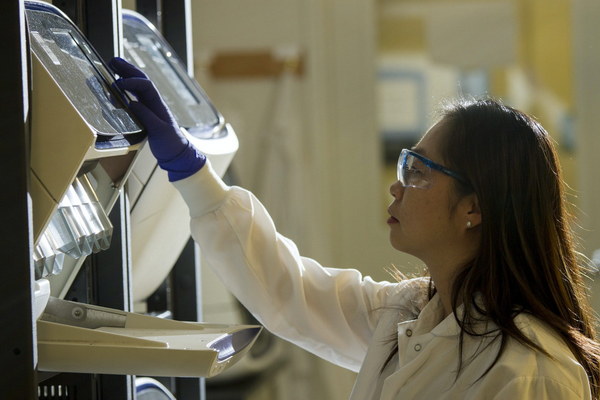Exploring Medications for Lung Detoxification A Comprehensive Guide
Introduction:
Lung detoxification has become a popular topic in recent years, as more and more individuals are seeking natural ways to improve their respiratory health. The lungs are essential organs responsible for oxygenating the blood and removing carbon dioxide from the body. However, due to environmental pollution, smoking, and other factors, the lungs can accumulate toxins and debris. This article will explore various medications that can help in lung detoxification.
1. Mucolytic Agents:
Mucolytic agents are commonly used to thin and loosen mucus in the respiratory tract, making it easier to cough up and expel. Some of the commonly prescribed mucolytic agents for lung detoxification include:
- Acetylcysteine: This medication breaks down the mucus, making it more fluid and easier to expel. It is often used in chronic obstructive pulmonary disease (COPD) and cystic fibrosis.
- N-acetylcysteine (NAC): Similar to acetylcysteine, NAC is a precursor of the antioxidant glutathione, which helps in reducing inflammation and mucus production.
2. Bronchodilators:
Bronchodilators are medications that relax the muscles surrounding the airways, allowing for easier breathing. They are commonly used in the treatment of asthma and COPD. Some bronchodilators that can aid in lung detoxification include:
- Short-acting beta-agonists (SABAs): These medications provide quick relief from bronchospasm and are often used as a rescue inhaler for asthma attacks.
- Long-acting beta-agonists (LABAs): LABAs help to prevent asthma attacks and are used in combination with inhaled corticosteroids for long-term management.
3. Inhaled Corticosteroids:
Inhaled corticosteroids are used to reduce inflammation in the airways, which is a common cause of lung problems. They are often prescribed for asthma, COPD, and other lung diseases. Some commonly used inhaled corticosteroids include:
- Fluticasone propionate: This medication is effective in reducing inflammation and improving lung function.

- Budesonide: Budesonide is another inhaled corticosteroid that helps in reducing inflammation and mucus production.
4. Antioxidants:
Antioxidants can help in neutralizing free radicals and reducing oxidative stress in the lungs. Some antioxidants that can be beneficial for lung detoxification include:
- Vitamin C: Vitamin C is a potent antioxidant that can help in reducing inflammation and protecting lung tissues.
- Vitamin E: Vitamin E is another antioxidant that can help in reducing oxidative stress and improving lung function.
5. Herbs and Supplements:
Certain herbs and supplements have been traditionally used for lung detoxification. Some of these include:
- Turmeric: Turmeric contains curcumin, a compound that has anti-inflammatory and antioxidant properties.
- Echinacea: Echinacea is a herb that can boost the immune system and help in fighting off infections.
- Nettle: Nettle is believed to have diuretic properties, which can help in flushing out toxins from the body.
Conclusion:
Lung detoxification is an essential aspect of maintaining respiratory health. By incorporating medications like mucolytics, bronchodilators, inhaled corticosteroids, antioxidants, and natural remedies such as herbs and supplements, individuals can improve their lung function and reduce the risk of lung diseases. However, it is crucial to consult with a healthcare professional before starting any new treatment, as they can provide personalized advice based on individual health needs and conditions.









